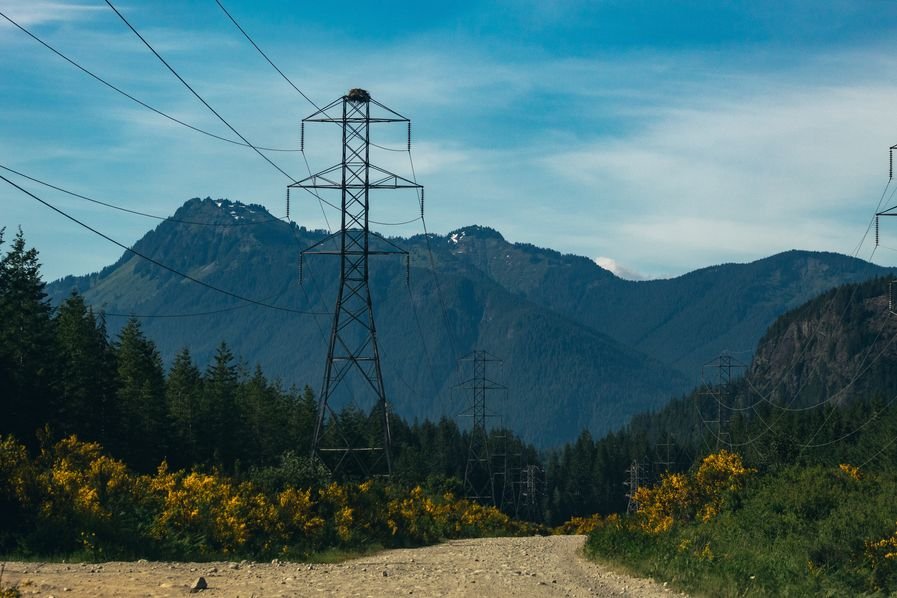The impact of the power price hike is expected to be "catastrophic."


With a startling 46.77 percent increase in electricity prices set to be included in monthly bills, industry specialists, economists, sociologists, and politicians from both sides of the political spectrum agree: "It will have a devastating effect on the overwhelming majority of Pakistanis."
The National Electric Power Regulatory Agency (Nepra) has already approved a Rs7.91 per unit increase in the base price — from Rs16.91 to Rs24.82 per unit — and the govt is set to notify it, if not already notified, to take effect from the new fiscal year.
The typical tax rate on power bills is roughly 22 percent, so adding this would raise the per-unit cost by another Rs5.46, bringing the effective rate for home consumers to Rs30.28 per unit.
"It will be a social and economic disaster," said Muhammad Shabbir, a sociology professor. "It will force a few million people deeper into poverty, narrow the middle class and widen the lower middle, increase crime, and exacerbate social chaos."
Stakeholders warn that visitors may encounter electrical charges on their restaurant and hotel bills.
The government may not benefit as well, as electricity theft is likely to increase significantly, if not proportionally, negating the desired effect. Corruption, in addition to thievery, would build up quickly.
He predicted that such obligations would swiftly escalate into an existential threat that the majority would be unable to satisfy. He was concerned that if similar pressures from two additional sources (oil and gas costs) were added, the fears of social anarchy would reach fatal proportions.
"The increase in electricity prices will be a multi-pronged and cascading tragedy: as a result of the increase, stores will pay more bills and request higher rates. Additional bills will now be paid by hotel owners and added to customer prices. Even vulcanising shops are likely to seek for extra money as the cost of running their machines has increased.
People will suffer, and the media will be compelled to bemoan their plight on a daily basis. Given the country"s current governance, "no one will know the true impact of the rise and what is being passed on to unfortunate consumers," Muhammad Ramzan, who managed a shop and cafe in the city, cautioned.
"The most regrettable aspect of this surge is that it could have been avoided," says economist and journalist Dr Farrukh Saleem. If successive governments had been able to increase bill collection in recent years, they may have avoided sectoral losses and avoided banker pressure to raise power prices. The recoveries remain locked around 90% of the billed amount, resulting in an annual loss of Rs150 billion. The sector"s commercial sustainability is jeopardised if another Rs300 billion is lost to theft.
"A calamity has been unfolding that we, as a country, have been powerless to stop. We have always relied on price hikes rather than boosting efficiency, which quickly loses its utility as recoveries decline and theft rises, throwing the sector back to square one," complained Dr Saleem.
Experts, on the other hand, concluded that the increase would neither benefit the sector or harm people as much as had been predicted. “ Monthly, quarterly, and yearly adjustments are part of Nepra"s three-pronged method for adjusting electricity tariffs. When determining the price, it takes into account nine factors, including fuel price, dollar parity, and operation and maintenance costs.
If the dollar reference price is raised now, it will have no or very little effect on future adjustments. The same is true for oil prices: if the base reference price is raised in the present determination, future fuel cost adjustments will be reduced in proportion. All of these modifications would most likely be readjusted in the coming fiscal," said a former CEO of the Pakistan Electric Power Company (Pepco).
"However, such a large and abrupt increase demonstrates a failure on the regulator"s part — Nepra." It raises fundamental concerns about its position as a guardian of the public good. Why has it pushed out all of the options for monthly, quarterly, and yearly increases in one fell swoop and upped the price in one fell swoop? It could, and perhaps should, have phased in the hike over the course of a year or so. It"s the regulator"s complete failure, or acquiescence, to burden consumers up front," said a former Pepco officer who was involved in the tariff decision process.